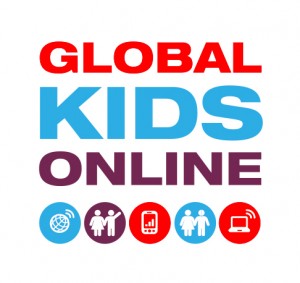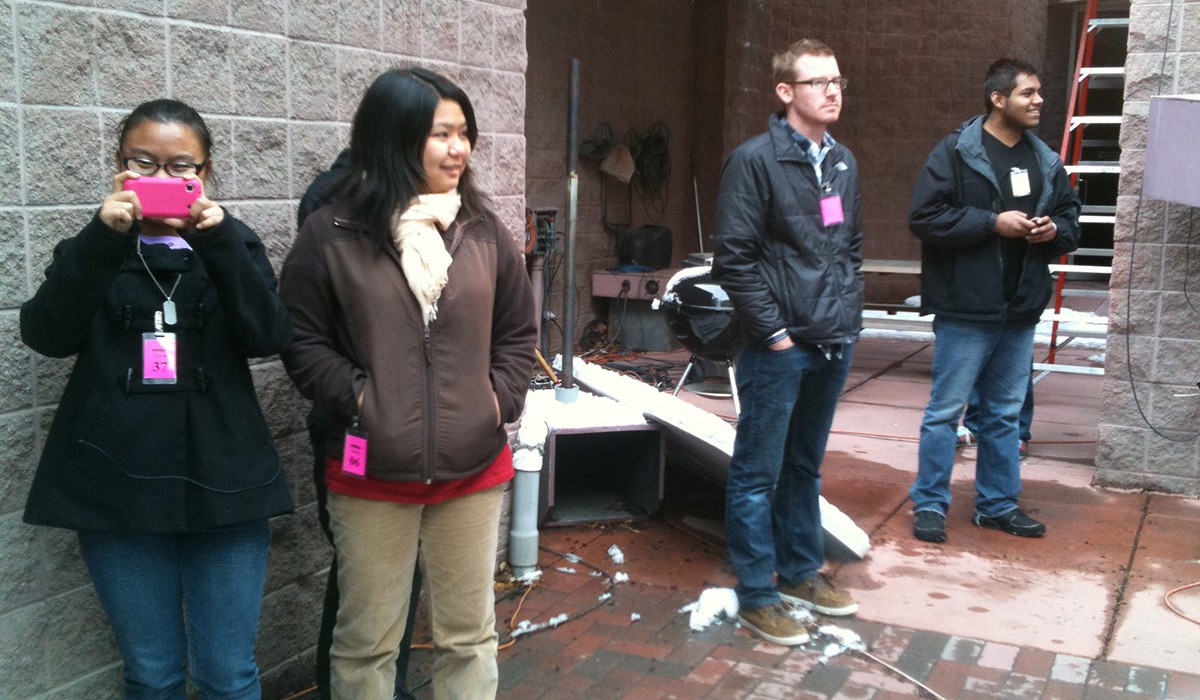 Global Kids Online is an international research project that aims to contribute to gathering rigorous cross-national evidence on children’s online risks, opportunities and rights. With principal investigators Professor Sonia Livingstone (LSE) and Jasmina Byrne (UNICEF), the project involves research in four pilot countries (Argentina, the Philippines, Serbia and South Africa), and aims to advance understanding of whether and how the internet amplifies the risks of harm to children and how to optimise digital opportunities that contribute to children’s wellbeing. The project will do this by stimulating and guiding rigorous multi-method investigations of how children around the globe use new digital, networked and mobile technologies.
Global Kids Online is an international research project that aims to contribute to gathering rigorous cross-national evidence on children’s online risks, opportunities and rights. With principal investigators Professor Sonia Livingstone (LSE) and Jasmina Byrne (UNICEF), the project involves research in four pilot countries (Argentina, the Philippines, Serbia and South Africa), and aims to advance understanding of whether and how the internet amplifies the risks of harm to children and how to optimise digital opportunities that contribute to children’s wellbeing. The project will do this by stimulating and guiding rigorous multi-method investigations of how children around the globe use new digital, networked and mobile technologies.
Work on this project seeks to critically evaluate the nature and degree of risk associated with children’s internet use, maintaining a critical awareness that ‘risk’ is both an objective reality and a social construct (Livingstone and Haddon, 2009). We seek to identify groups of children more exposed to risk or less able to respond to hazardous situations, but rather than an over-simplified labelling of certain groups as ‘at risk’, the aim is to distinguish the factors that may put children in vulnerable circumstances and assess the risk situation. We also aim for a balanced approach that focuses not only on the hazards, but also on the new opportunities for children’s social connectedness, entertainment, learning, participation, creativity and the expression of identity (Livingstone and Haddon, 2009). To do so, we adopt a bottom-up research approach that focuses on children’s experiences.
Global Kids Online draws on and expands the achievements of the EU Kids Online network – an innovative cross-national initiative funded by the European Commission’s Better Internet for Kids (originally, the Safer Internet) Programme. The EU Kids Online network pioneered a cross-national research strategy encompassing: (1) a comprehensive conceptual model; (2) a modular survey questionnaire; (3) accompanying qualitative research tools and instruments; and (4) a sustained dialogue with stakeholders that has ensured the successful exploitation of project results. Most of this work has been conducted within Europe, although already extending beyond the EU28 to include Russia, Turkey and several other countries. Additionally, the research strategy and tools have been applied in Australia and Brazil, and are currently under consideration in Chile, Argentina, Japan and other countries.
However, simply extending a model developed in Europe to understanding the burgeoning access and use of the internet among children in the global South is methodologically insufficient and problematic in ethical and political terms. It is, therefore, the aim of Global Kids Online to implement a partnership approach in which the benefits of central coordination of resources, expertise and tools can be united with a distributed approach to evidence-gathering, contributing to the development of evidence-based policy and practice – locally and globally.
Further resources
Comparative research synthesis
You can sign up to receive the latest research news from Global Kids Online by email. Please forward this message to anyone you think may be interested.
Post author: Mariya Stoilova








